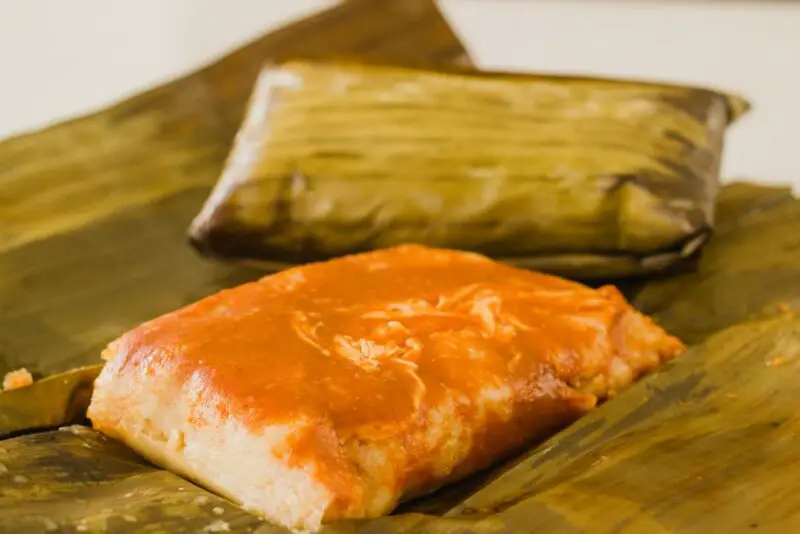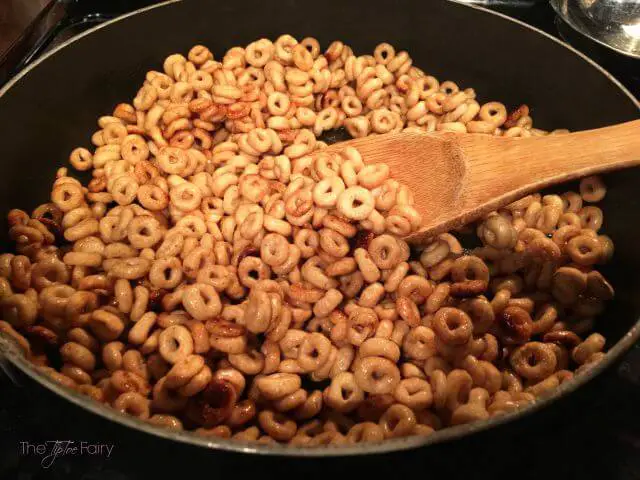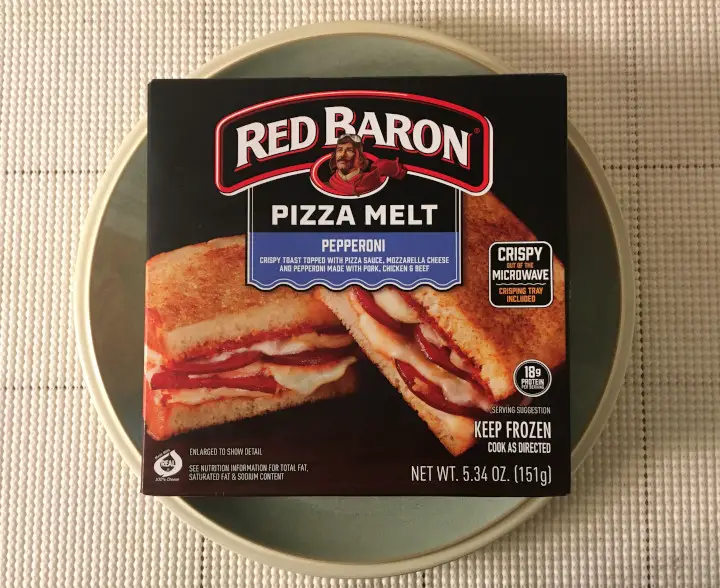Slow cookers are a convenient and popular kitchen appliance for preparing meals. However, it is important to know that slow cookers are not suitable for cooking frozen meat, including pork shoulder. The USDA recommends thawing all foods completely before placing them in a slow cooker. Slow cookers reach temperatures between 170 and 280 degrees Fahrenheit, which is not sufficient to quickly thaw frozen meat and may allow bacteria to grow in the danger zone. It is crucial to follow safe cooking methods to prevent the risk of foodborne illnesses.
Key Takeaways:
- Slow cookers are not suitable for cooking frozen meat like pork shoulder.
- The USDA recommends thawing all foods completely before using a slow cooker.
- Slow cookers do not reach temperatures high enough to quickly thaw frozen meat, creating a risk of bacterial growth.
- Following safe cooking methods is essential to prevent foodborne illnesses.
Why Thawing is Essential Before Slow Cooking
Thawing frozen meat before slow cooking is vital for ensuring food safety. Bacteria growth occurs rapidly in the temperature danger zone, which is between 41 and 135 degrees Fahrenheit. Slow cookers, with temperatures ranging between 170 and 280 degrees Fahrenheit, do not provide enough heat to quickly thaw frozen meat and bring it out of the danger zone within the recommended two hours. Therefore, it is crucial to thaw meat before placing it in a slow cooker to minimize the risk of bacterial growth and foodborne illnesses.
Thawing meat in the refrigerator overnight is the most reliable and convenient method. This gradual thawing process ensures that the meat thaws evenly and remains at a safe temperature throughout. If time is limited, other safe methods can be used, such as convection thawing or using a microwave with a defrost setting or on low power. Convection thawing involves placing the frozen meat in a zip-top bag and submerging it in cold water. The water should be continuously trickling to maintain a safe temperature. Depending on the size of the pork shoulder, it can take anywhere from 20 minutes to an hour to thaw completely. Using a microwave for thawing should be done carefully, following the manufacturer’s instructions, to prevent uneven thawing or partially cooked spots.
It is important to note that thawing meat on the counter at room temperature is not recommended, as it allows the meat to enter the danger zone, promoting bacterial growth. By thawing frozen meat before slow cooking, we can ensure that the meat cooks evenly and safely, eliminating the risk of foodborne illnesses associated with consuming undercooked or improperly thawed meat.
Why Thawing is Essential Before Slow Cooking
| Thawing Method | Description | Time Required |
|---|---|---|
| Refrigerator Thawing | Place the frozen pork shoulder in the refrigerator and allow it to thaw slowly over time. | Overnight or 24 hours, depending on size |
| Convection Thawing | Place the frozen pork shoulder in a zip-top bag and submerge it in cold water. Ensure the water is continuously trickling to maintain a safe temperature. | 20 minutes to 1 hour, depending on size |
| Microwave Thawing | Use the defrost setting or low power on the microwave to thaw the frozen pork shoulder. Follow the manufacturer’s instructions to prevent uneven thawing or partially cooked spots. | Varies depending on microwave power and size of the pork shoulder |
Safe Thawing Methods for Frozen Pork Shoulder
If you find yourself with a frozen pork shoulder and need to thaw it quickly, there are safe thawing methods you can use. While it is always best to thaw meat in the refrigerator overnight, sometimes we forget or don’t have enough time. In such cases, convection thawing and cold water thawing are effective methods that can help you thaw your pork shoulder safely and efficiently.
Convection Thawing
Convection thawing is a method where you place the frozen pork shoulder in a zip-top bag and submerge it in cold water. The water should be continuously trickling to maintain a safe temperature. Depending on the size of the pork shoulder, it can take anywhere from 20 minutes to an hour to thaw completely. This method is faster than refrigerator thawing but still ensures safe and even thawing of the meat.
Cold Water Thawing
An alternative to convection thawing is cold water thawing. This method involves placing the frozen pork shoulder in a sealable plastic bag and completely submerging it in cold water. It is important to change the water every 30 minutes to ensure a consistent temperature. Cold water thawing is a quick and effective method, especially for smaller cuts of meat, but it requires more attention and effort compared to convection thawing.
It is crucial to note that thawing meat on the counter should be avoided, as it can lead to bacterial growth. Always prioritize safe thawing methods to minimize the risk of foodborne illnesses and ensure the quality of your dish.
| Thawing Method | Time | Efficiency | Attention Required |
|---|---|---|---|
| Convection Thawing (Submerged in cold water) | 20 minutes to 1 hour | Fast | Low |
| Cold Water Thawing (Submerged in cold water, water changed every 30 minutes) | Varies based on size | Fast | High |
The Risks of Slow Cooking Frozen Pork Shoulder
Slow cooking frozen pork shoulder or any frozen meat can pose significant risks to food safety. The low temperatures in slow cookers provide an ideal environment for bacteria growth, especially within the temperature danger zone of 41 to 135 degrees Fahrenheit. Slow cookers take longer to heat frozen meat to a safe internal temperature of 145 degrees Fahrenheit, allowing bacteria to multiply and potentially cause foodborne illnesses.
When meat is cooked from a frozen state, it spends an extended period in the temperature danger zone, where bacteria can grow rapidly. This increases the risk of contamination and the potential for foodborne illnesses. It is crucial to follow safe cooking methods and avoid cooking partially frozen pork shoulder slowly in a slow cooker to ensure that the meat reaches a safe temperature more quickly and minimizes the risk of bacterial growth.
By thawing frozen pork shoulder before cooking, you can significantly reduce the risk of bacterial growth and ensure the safety of your meal. Thawing the meat in the refrigerator overnight or using other safe thawing methods allows for more even cooking and minimizes the time spent in the temperature danger zone. It is essential to prioritize food safety when handling frozen meat to protect yourself and your loved ones from potential foodborne illnesses.
Alternatives to Slow Cooking Frozen Pork Shoulder
When it comes to cooking frozen meat, including pork shoulder, using an electric pressure cooker is a safe and efficient alternative to a slow cooker. Electric pressure cookers, such as the popular Instant Pot, offer the convenience of cooking frozen meat without the risk of bacterial growth. The pressure cooking method not only ensures tender and flavorful results but also allows for quicker cooking times.
Unlike slow cookers, electric pressure cookers are designed to reach higher temperatures and can quickly bring frozen meat out of the temperature danger zone. This rapid cooking process helps to minimize the risk of foodborne illnesses caused by bacteria growth. However, it is crucial to follow the manufacturer’s instructions and cooking times specific to the cut of frozen meat you are using.
Using an electric pressure cooker can save you valuable time when you need to prepare a meal with frozen pork shoulder. With its ability to cook frozen meat safely and efficiently, you can enjoy delicious and tender pork shoulder without the need for extensive thawing. Whether you’re short on time or simply prefer the convenience of cooking frozen meat without compromising food safety, an electric pressure cooker is an excellent option.
So, the next time you find yourself with a frozen pork shoulder and limited time, consider using an electric pressure cooker for a safe and hassle-free cooking experience. With its ability to handle frozen meat and provide tender results, an electric pressure cooker is a valuable kitchen tool that can help you enjoy flavorful meals in no time.
FAQ
Can I slow cook a frozen pork shoulder?
No, it is not safe to slow cook frozen meat, including pork shoulder. The USDA recommends thawing all foods completely before placing them in a slow cooker.
Why is thawing essential before slow cooking?
Thawing frozen meat is essential for food safety. Slow cookers’ temperatures are not high enough to quickly thaw frozen meat and bring it out of the danger zone within the recommended two hours.
What are safe thawing methods for frozen pork shoulder?
Safe thawing methods for frozen pork shoulder include convection thawing in cold water or using a microwave with a defrost setting or on low power.
What are the risks of slow cooking frozen pork shoulder?
Slow cooking frozen pork shoulder can pose risks as slow cookers’ low temperatures create an ideal environment for bacteria growth in the danger zone, potentially causing foodborne illnesses.
Are there alternatives to slow cooking frozen pork shoulder?
Yes, an electric pressure cooker, such as the Instant Pot, is a suitable alternative. It can cook frozen meat without the risk of bacterial growth and provides a safe cooking option for frozen pork shoulder.



